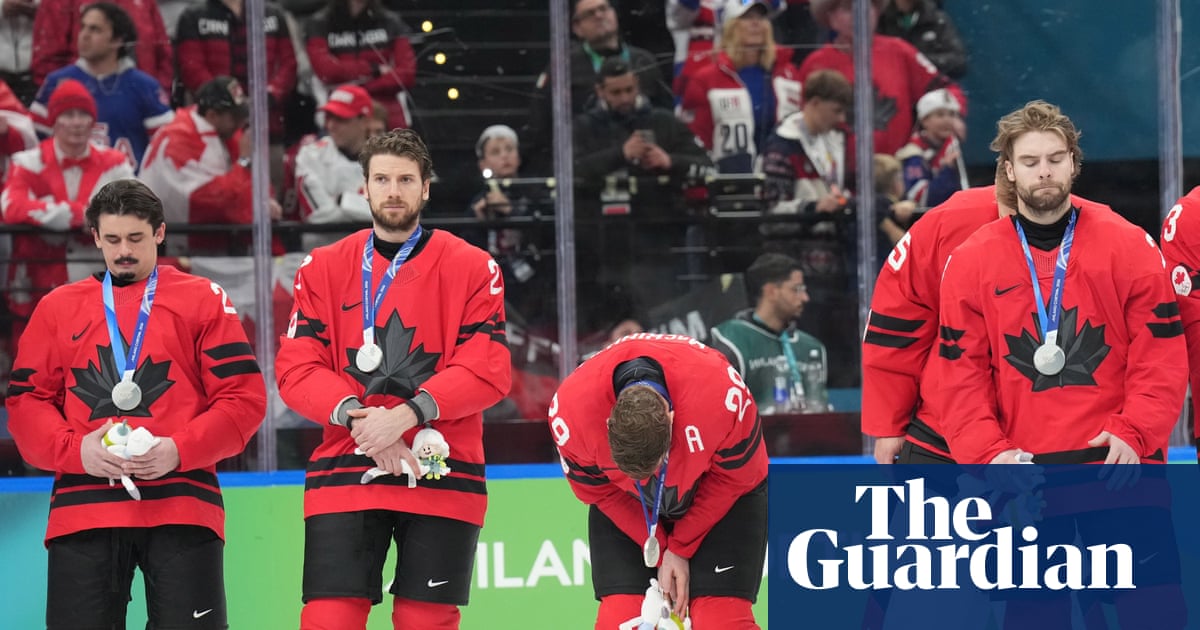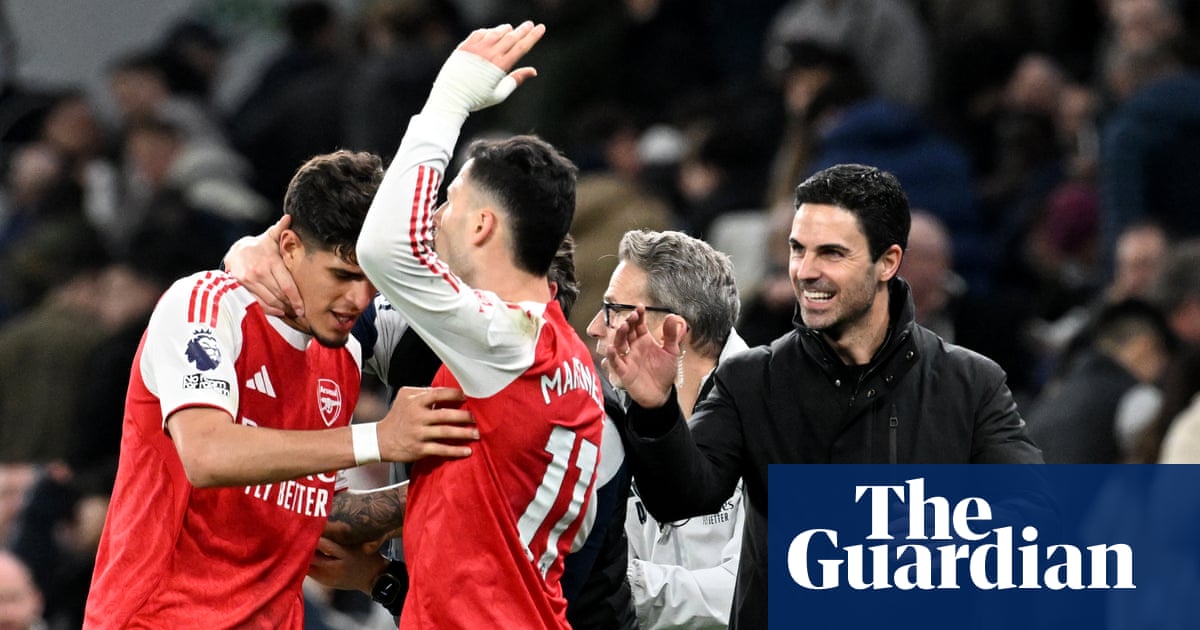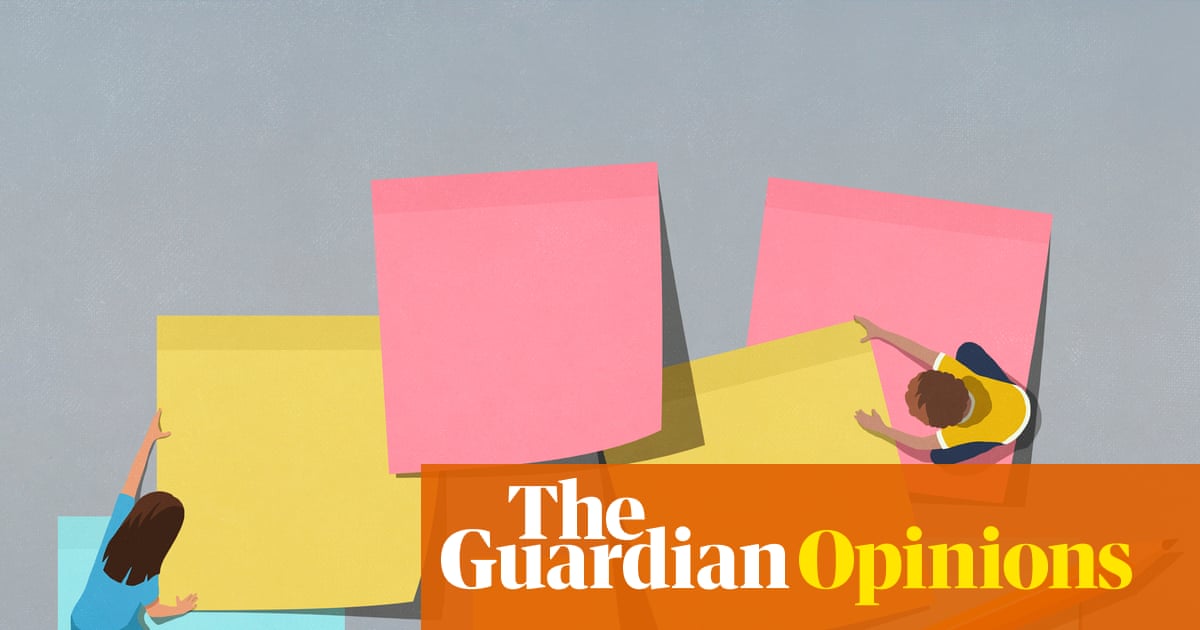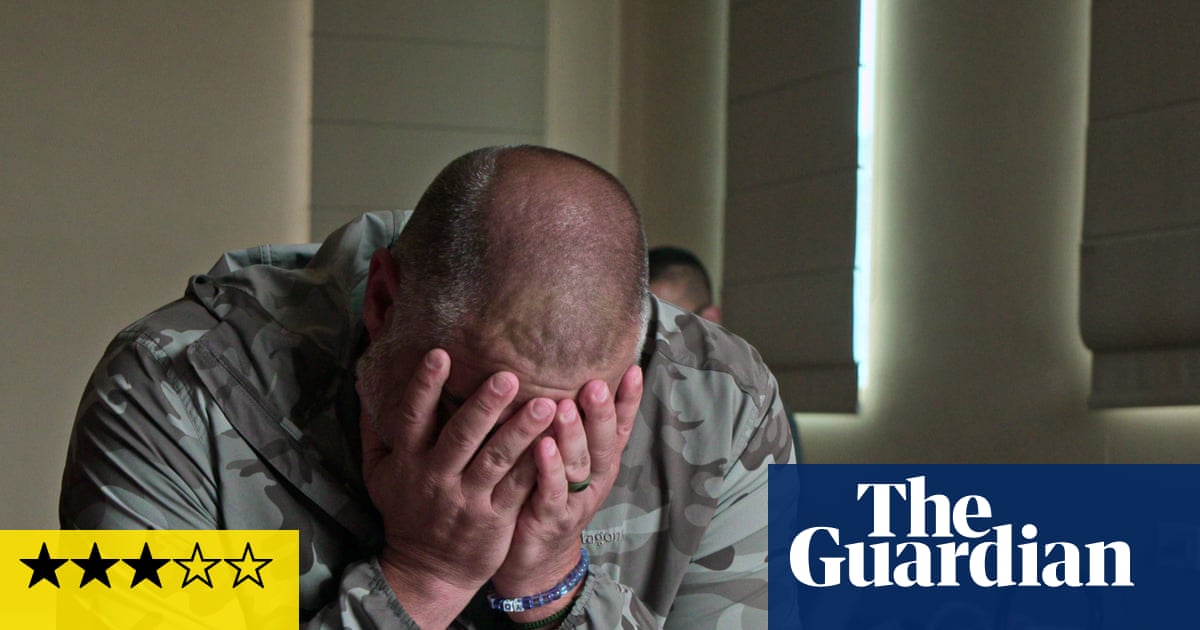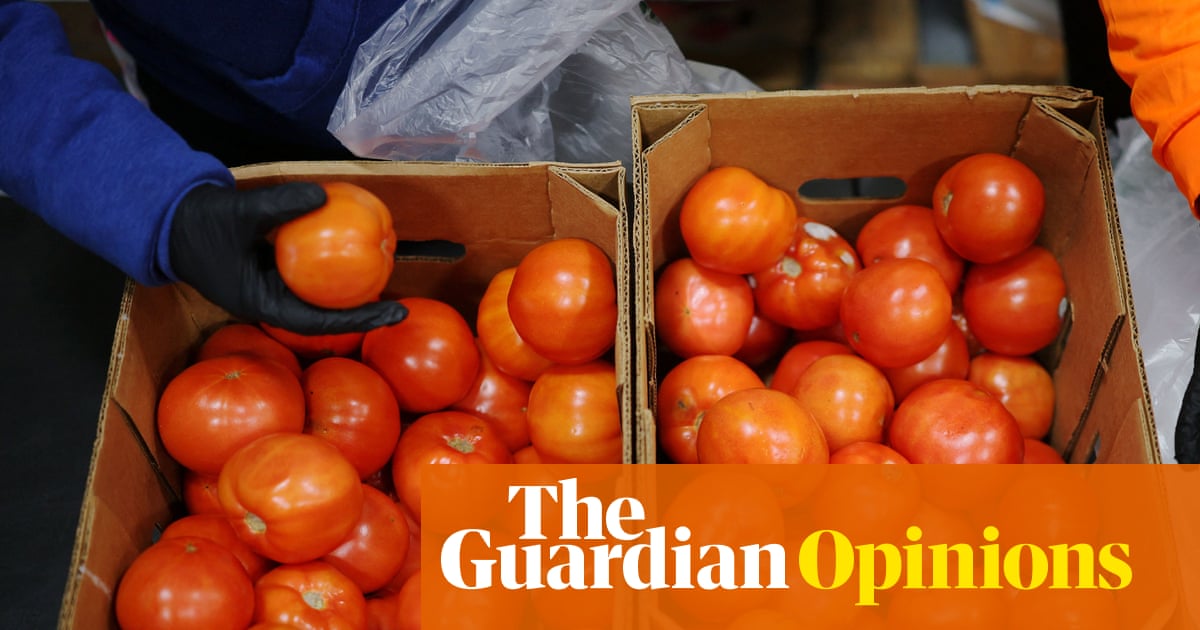I’m 17 and have just gone into my final year at school. Since I started secondary school, I’ve had pretty much the same friendship group: B, C and D.
My best friend (B) and I have always been quiet and hesitant about doing anything where it’s just the two of us, for fear of leaving the other two out. However, this past year we have been consistently ignored by C and D, and decided to do the things we want to do and not wait for approval. We can be friends independently of the others while still being friends with them too.
Recently, we made plans together and bumped into C and D while out. They had gone out without saying anything to us. C in particular seemed annoyed by this, which was surprising because she, especially, leaves us out.
I have always felt as though she doesn’t value my friendship, or B’s, but expects us to be there for her and for our friendship to revolve around her. This recently came to a head over an incident where she felt we’d left her out. She called me a name and didn’t read texts B and I sent her to apologise.
I’m more annoyed than upset now, as she’s prolonged a fight that could have been resolved by reading the text. I worry that we’re trapped trying to please a toxic person. I don’t want to lose a friend going into our last year of school, but this feels unsustainable. Is this friendship worth keeping?
I’m glad you feel it’s unsustainable, because something in you is telling you a valuable truth: you’re worth much more than this. This isn’t friendship. Your friends C and D, but especially C, sound deeply unhappy, and unhappy people often try to get rid of the discontent they feel and project it on to others, instead of trying to deal with it. People tell us a lot about themselves in the way they treat others.
I went to clinical and counselling psychologist and psychoanalyst Prof Alessandra Lemma. “This is,” she said “such a familiar scenario, but you show real thoughtfulness in the way you describe the friendship. What comes through strongly is the imbalance. You and B avoid excluding others, while C excludes without any care.”
Lemma added: “C appears to be operating from what I would understand as a narcissistic position, needing to be central, quick to feel slighted, and punishing when she isn’t centre stage.”
You may find my podcast on narcissists interesting. True narcissists (and it’s a word that is bandied about a bit too much) are very fragile people.
after newsletter promotion
Lemma wondered why this friendship was so important to you, and said to ask yourself what kind of friend behaves likes this and what draws you to her.
“You’re in a strong position,” added Lemma. “You have B as a friend, and it seems a valuable friendship and one worth protecting. I would encourage you to consider prioritising the good relationship with B; and to stop apologising to C, because that only reinforces the submissive role and feeds into her need to control.”
There’s a huge loss involved in accepting that sometimes friendships aren’t what we want, or can make them, no matter how hard we try. I think you’re at that stage with C. Lemma and I think you’ll feel liberated when the time comes when you can really accept this.
You sound very emotionally intelligent, and this can make friendships at any age more difficult, but especially now when everyone around you is still so immature.
Every week, Annalisa Barbieri addresses a personal problem sent in by a reader. If you would like advice from Annalisa, please send your problem to [email protected]. Annalisa regrets she cannot enter into personal correspondence. Submissions are subject to our terms and conditions. The latest series of Annalisa’s podcast is available here.

 3 months ago
58
3 months ago
58



